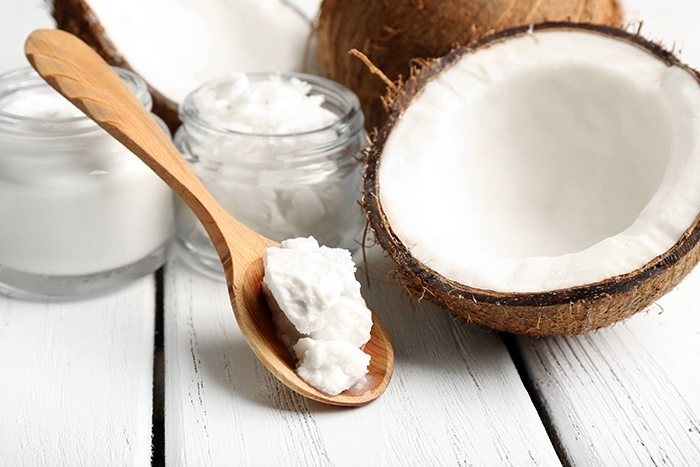Beginning in the 1970’s and growing to fruition in the 80’s was the ‘low fat’ ‘no fat’ craze.
Dr. Frank B. Hu of the Harvard T.H. Chan School of Public Health called the misrepresentation of collected data “an oversimplification of dietary recommendations that created a fat phobia”.
This “fat phobia” spurred the emergence of a variety of “low fat” and “fat free”products that soon replaced regular products on the shelves.
The misleading marketing saw consumers rushing to the stands to replace full fat yoghurt, milk, crackers and other foods with ‘low fat’ alternatives. The catch? These alternatives were often much higher in sugar, replacing the fat content with increased levels of carbohydrates.
The heightened consumption of refined starches and sugars that followed this ‘rebranding’ has now been associated with the current epidemic of obesity and Type 2 diabetes.
“The mistake made in earlier dietary guidelines was an emphasis on low-fat without emphasising the quality of carbohydrates, creating the impression that all fats are bad and all carbs are good,” Hu, a professor of nutrition and epidemiology, said. “It’s really important to distinguish between healthy fats and bad fats, healthy carbs and bad carbs.”
What this misleading message regretted to relay to the public, was that fat is a major source of energy. Aside from its importance in assisting the absorption of many vitamins (like A,E and K) and minerals, fats are also an essential tool in building cell membranes and the sheaths surrounding nerves.
However, not all fats are created equal.
Good fats include those labelled monounsaturated and polyunsaturated, with bad fats being the industrially created trans-fats associated with margarines, shorteners, fast food and many other easily accessible food sources.
Fats increase brain power
Good fats have also been proven to increase cognitive performance. Your brain needs these essential fats like Omega 3’s to function at a proper level and as our bodies don’t produce omega-3s naturally, it’s very important to add these into your diet.
Fats support heart function
Contrary to popular belief, the consumption of polyunsaturated fats has been linked to the prevention of heart disease. Adding these good fats to your diet can do wonders for your overall cardiovascular function because cholesterol, in controlled amounts, promotes cell building and communication.
Studies are now consistently showing that a diet high in sugar puts you at a greater risk of cardio issues than a diet high in good fats.
Promotes liver support
Livers assist in digestion of macronutrients: fat, proteins, and carbs. As well as this, the liver is also an important tool in maintaining blood-glucose levels. Good fats encourage the liver to rid itself of fat cells, streamlining the process to make it work more efficiently.
So what fats should you be incorporating into your diet?
Grass fed butter/ghee
Butter is not the enemy. This delicious fat is high in fat-soluble vitamins such as A, E, D and K as well as being full of anti-oxidants.
Virgin Coconut Oil
This oil is a great oil for cooking, using as a moisturiser or using in salad dressings. The level of medium-chain-triglycerides present within the oil has been known to improve cognitive function.
Cold water fish – Salmon, Mackerel, Sardines
The oils found in these foods are high in omega-3s that assist in reducing inflammation and improving cardiovascular health and brain function.
Avocados, olive oil and almonds
These good fats are also required eating for excellent heart health, great for the skin, and assist in feeling fuller for longer – reducing your likelihood to head to the cupboard for sugary or high carb snacks.








